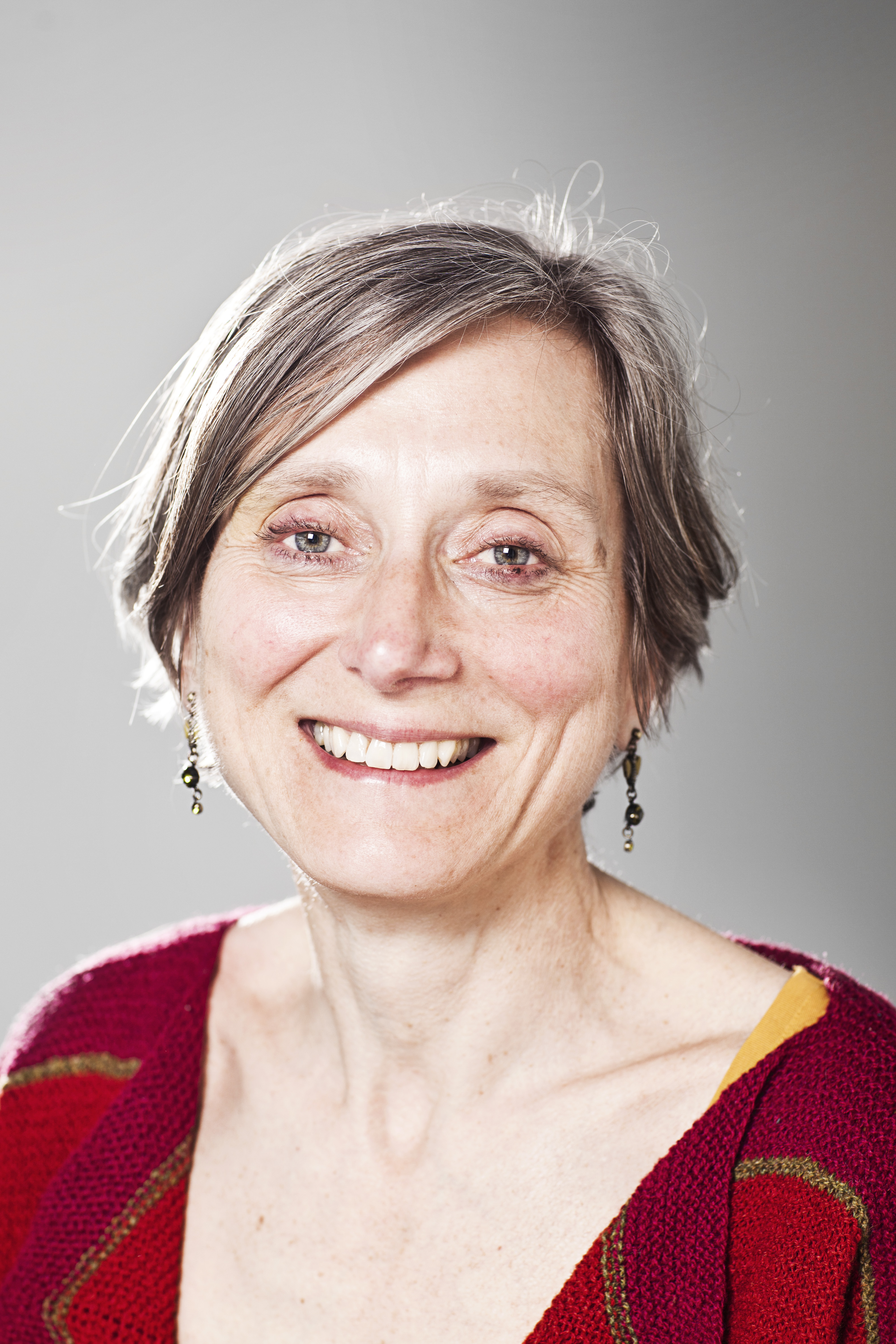New model for the allocation of PhD fellowships
The Graduate School at Health is introducing a new structure for the allocation of PhD fellowships. The new model will ensure that the departments have a better insight into the costs of a PhD programme.

The altered allocation of fellowships will meet three overall objectives:
- Ensure that Health exempts funds for full fellowships for allocation within special areas.
- Make it possible to offer an increased number of 1/3 fellowships.
- Clarify the total cost of a PhD programme.
In future fellowships will be disbursed to the place of employment, who will then undertake payment of salary and other expenses relating to a PhD fellowship.
While the PhD student will not notice any difference in their bank account, this change will make a significant difference for the place of employment (which is the department in the vast majority of cases), as they will have to in future manage the individual PhD student's finances. Once the annual study fee is paid to the graduate school, the place of employment has the so-called right of disposal for the funds. This also applies to any surplus funds once study fees and salary are paid. This provides the departments with a great incentive to apply for external funding.
More 1/3 fellowships
The new fellowship structure also means a final goodbye to 2/3 fellowships, as well as clinical basic studies fellowships. On the other hand, more 1/3 fellowships will be offered - approximately 130 a year. In this way there will be an increased distribution of funds. However, the number of fellowships offered will at any time will depend on the current budgetary framework, according to Head of Graduate School, Vice-Dean Lise Wogensen. She has headed the working group at the graduate school which has produced the new structure.
"We have had a number of strategic priorities during the development of the new structure. We wanted to create a model which makes it possible to offer more smaller fellowships. At the same time, it must also be possible to award full fellowships within strategically selected areas. These can be targeted at specific fields of research, international applicants or without special conditions. In addition, it has been important to create a greater insight into the cost of a PhD fellowship, both out of consideration for grant givers and grant recipients," says Lise Wogensen.
One element of the change in the fellowship structure is the new criteria for the evaluation of applications for enrolment and grants. These criteria are currently being prepared and will be published at the beginning of July 2014.
The new fellowship structure will come info force with effect for employment from December 2014.
The new model will not affect current PhD students.
Main points:
- Approximately 130 1/3 fellowships annually
- Approximately 30 full fellowships for special focus areas
- Annual study fee of DKK 60,000
- The annual grant is discontinued
- Funds corresponding to an average payroll cost for a PhD fellowship are transferred to the place of employment
- External funding in addition to study fees accrue to the department.
The total cost of a PhD fellowship:
DKK 2,540,736, which includes:
- Salary during the entire project period
- Direct education-related costs (supervision, defence, courses, travel, equipment etc.) which covers the study fee paid to the graduate school
- Indirect teaching-related costs (office space, research infrastructure, the operation of the university etc. ) remain at the department.
The graduate school transfers the following amount to the department:
- DKK 144,333 a year (for a 1/3 fellowship)
- DKK 433,000 a year (for a full fellowship).
External funding which is not used for salary and study fees will accrue to the department alone.
Recommendations when applying for funding from external private foundations (amounts recommended by the graduate school):
- A full fellowship: DKK 1,764,400
- A 2/3 fellowship: DKK 1,175,333
Further information:
Head of Graduate School, Vice-Dean Lise Wogensen Bach
Tel.: +45 8715 2012
Mobile: +45 2548 8522
E-mail: lwb@ki.au.dk